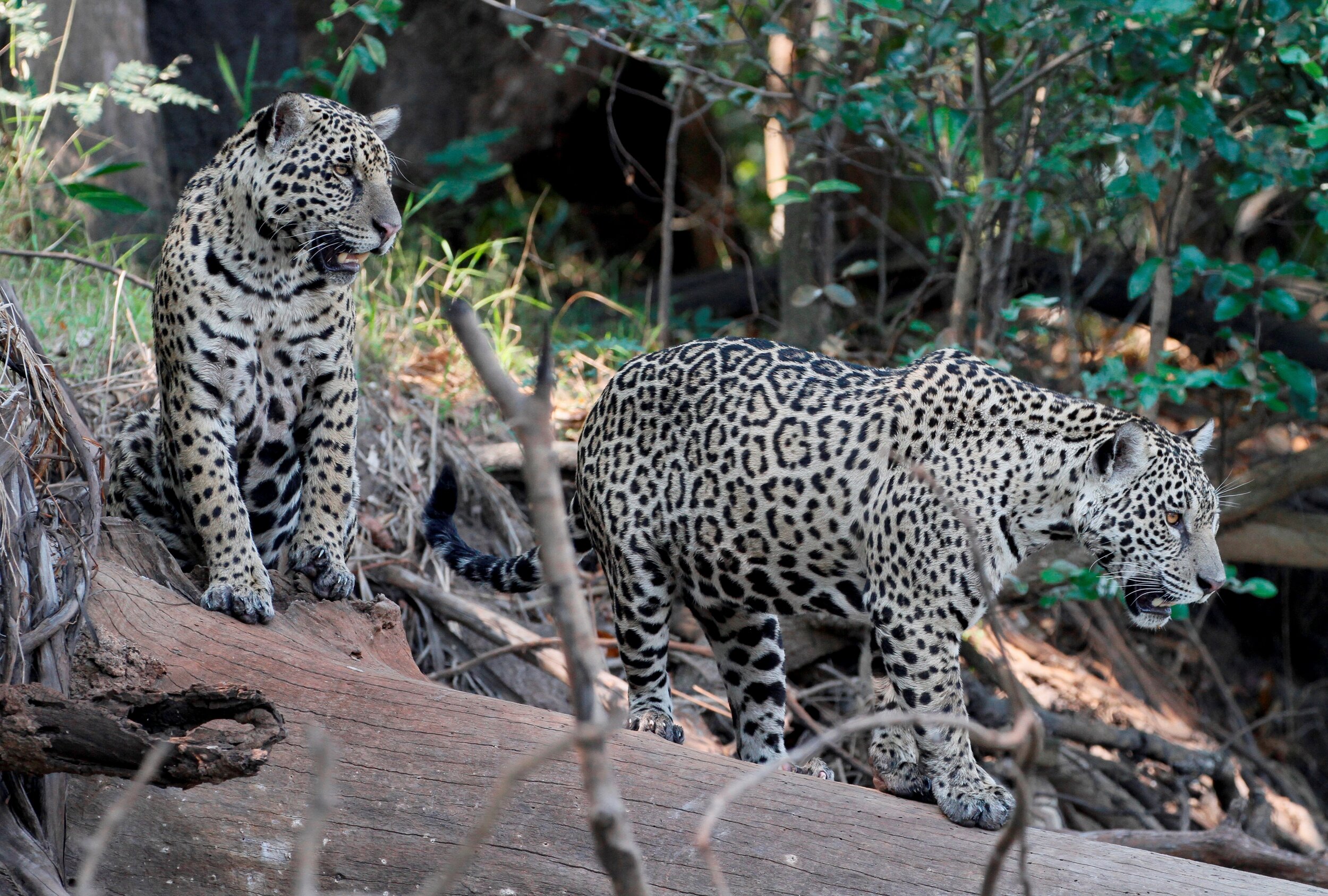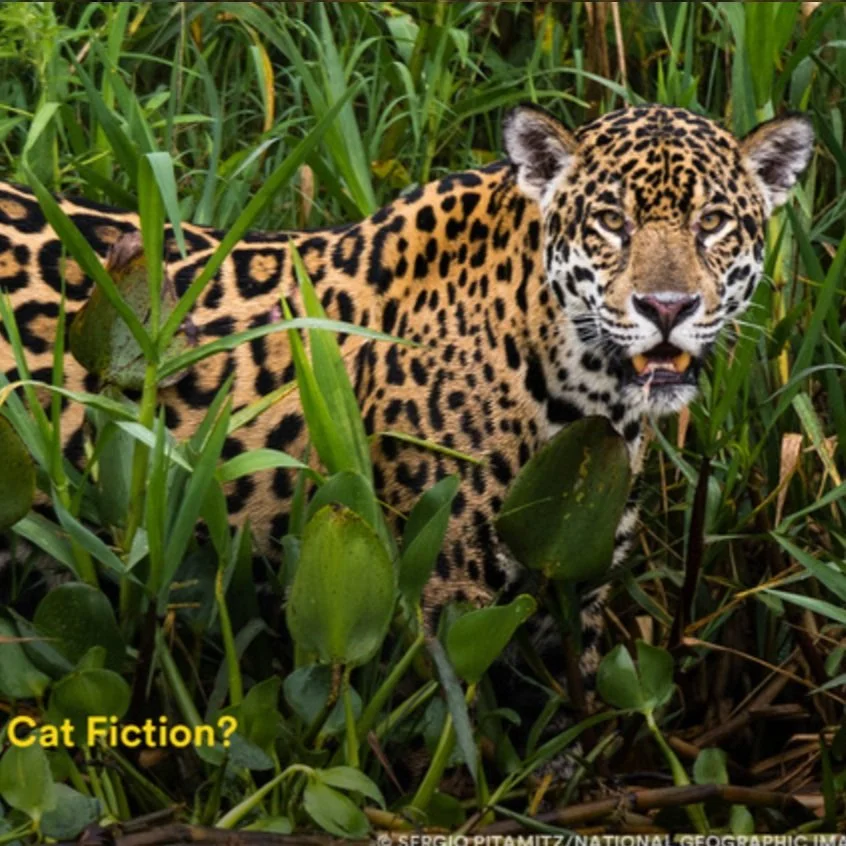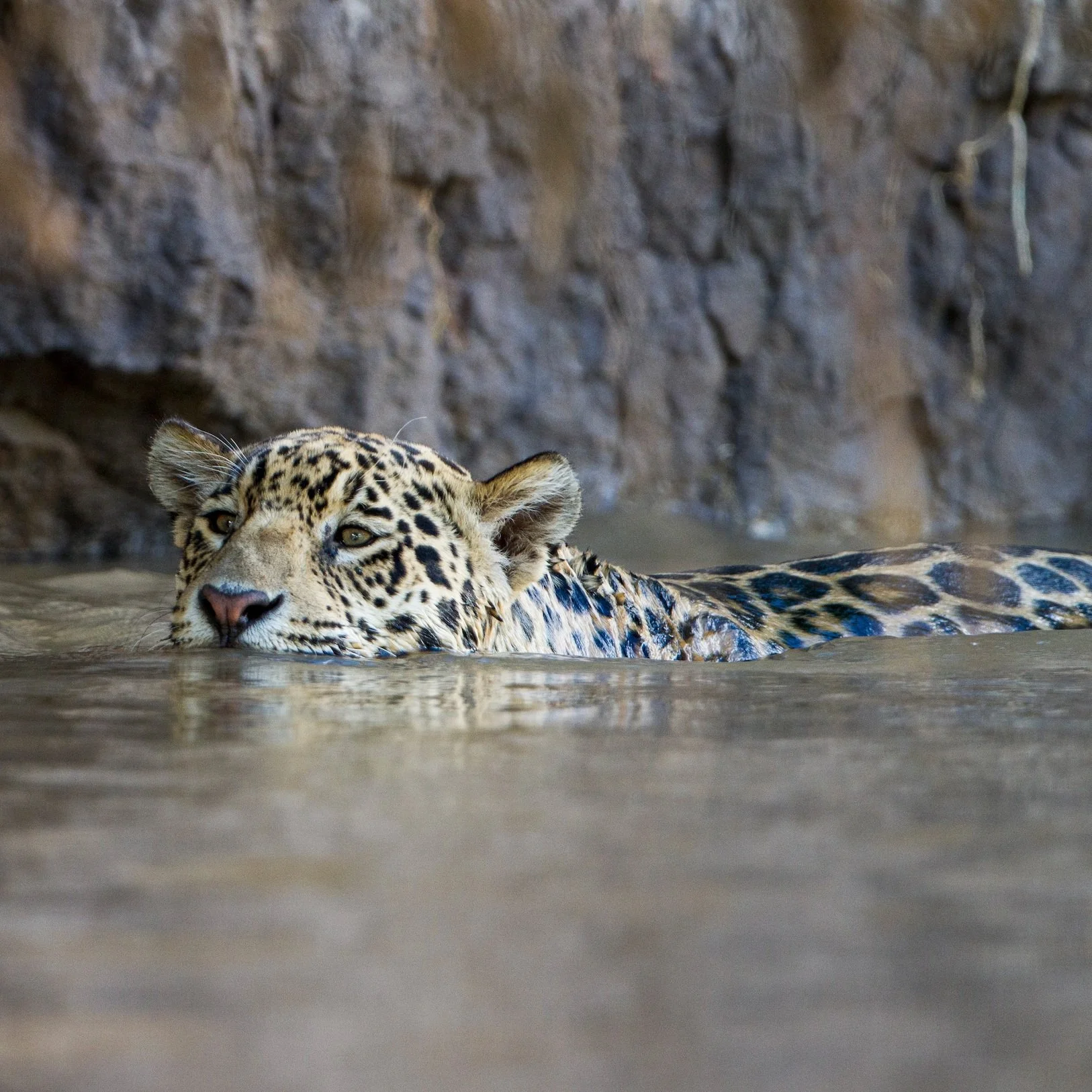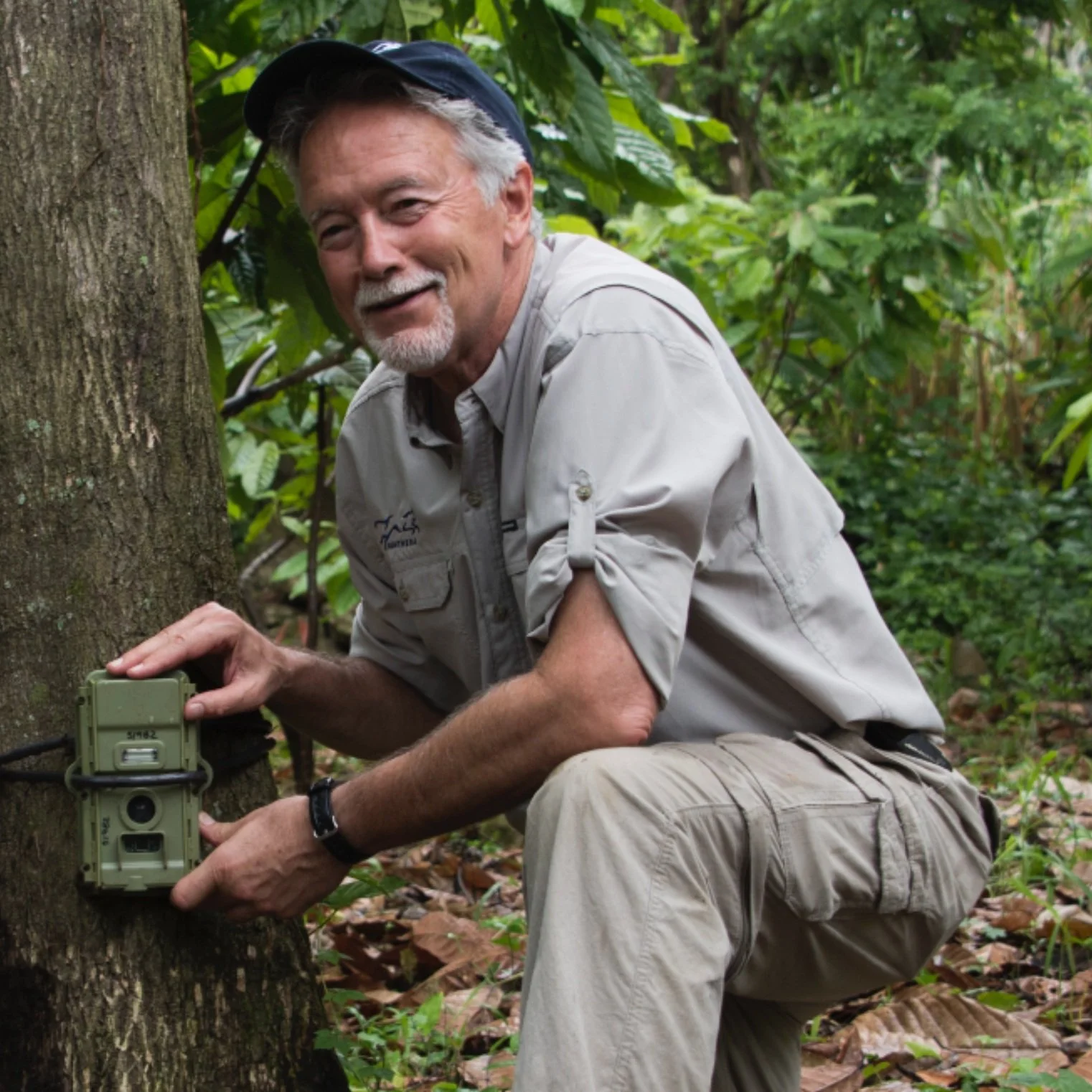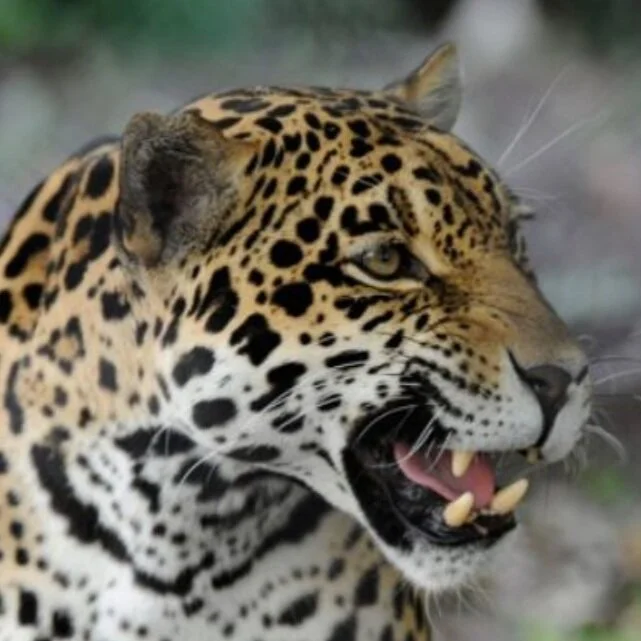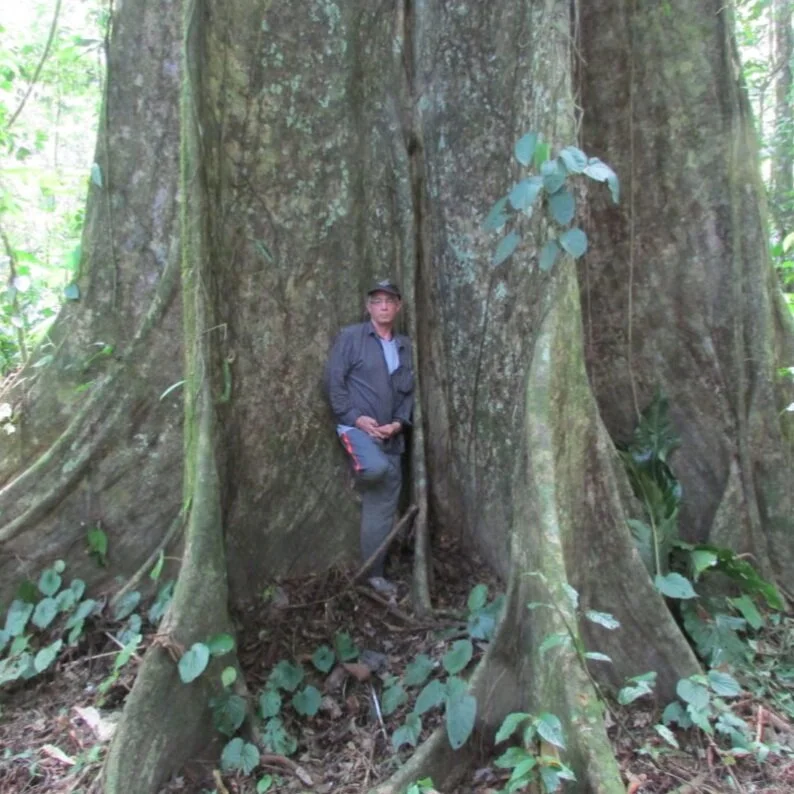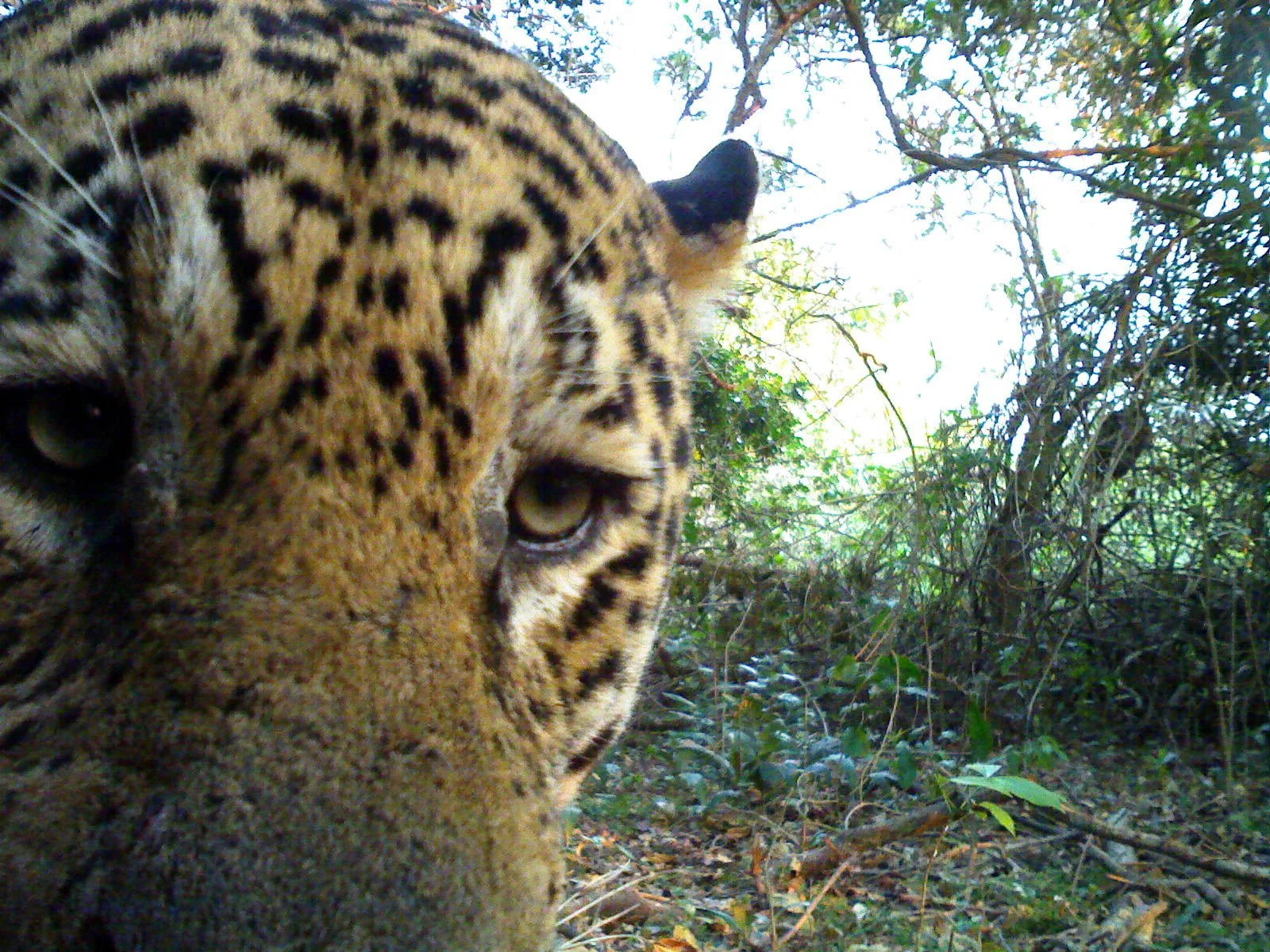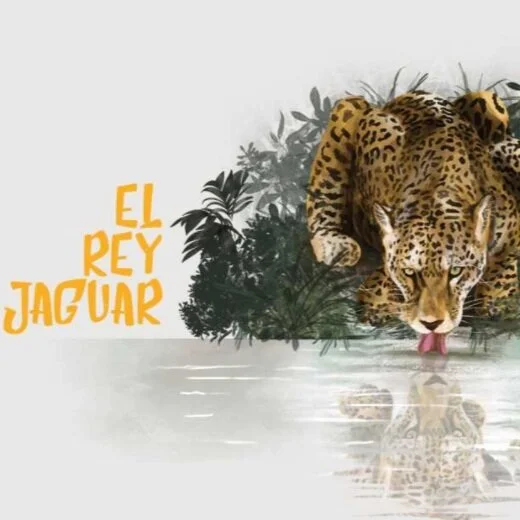© Gregoire Dubois
International Jaguar Day was created to raise awareness about the increasing threats facing the jaguar and the critical conservation efforts ensuring its survival from Mexico to Argentina.
Observed annually on November 29, International Jaguar Day celebrates the Americas’ largest wild cat as an umbrella species for biodiversity conservation and an icon for sustainable development and the centuries-old cultural heritage of Central and South America.
International Jaguar Day also represent the collective voice of jaguar range countries, in collaboration with national and international partners, to draw attention to the need to conserve jaguar corridors and their habitats as part of broader efforts to achieve the United Nation’s Sustainable Development Goals.
History
In March 2018 representatives from 14 range countries gathered in New York at United Nations’ Headquarters for the Jaguar 2030 Forum. This Forum resulted in the creation of the Jaguar 2030 Statement which outlined a wide range of internationally collaborative jaguar conservation initiatives, including the proposal to create an International Jaguar Day. Many range countries are also observing National Jaguar Day celebrations including Brazil, which has recognized the jaguar as its symbol for biodiversity.
Among the many voices that joined in this call for a Jaguar Day, was that of Dr. Alan Rabinowitz, co-founder and former CEO and Chief Scientist for Panthera, the global wild cat conservation organization. Known with respect and admiration as the “Jaguar Man” and the “Indiana Jones of Wildlife Protection”, Alan dedicated his life to the study and protection of jaguars and other big cats.
The fact that jaguars have been more resilient and in many ways, more lucky in their survival than other big cats, is EXACTLY why we focus our attention on them.
Dr. Alan Rabinowitz, Panthera Co-Founder
© STAFFAN WIDSTRAND/WWF
Jaguar 2030 Roadmap
The Jaguar 2030 Roadmap is a range-wide effort that unites range country governments, non-governmental and inter-governmental organizations, local communities, and the private sector around a shared vision to conserve jaguars and their valuable ecosystems. The Roadmap aims to strengthen the Jaguar Corridor across range countries by securing 30 priority jaguar landscapes by 2030, stimulating sustainable development, reducing jaguar-human conflict in human dominated landscapes, and increasing the security and connectivity of core protected landscapes.
Read more about the Jaguar 2030 Roadmap here.
Watch Panthera's Jaguar Program Director, Howard Quigley, explain the Jaguar Corridor and significance of the Jaguar 2030 Roadmap below.
#JaguarDay #DíaInternacionalDelJaguar
Publications & Press Releases











